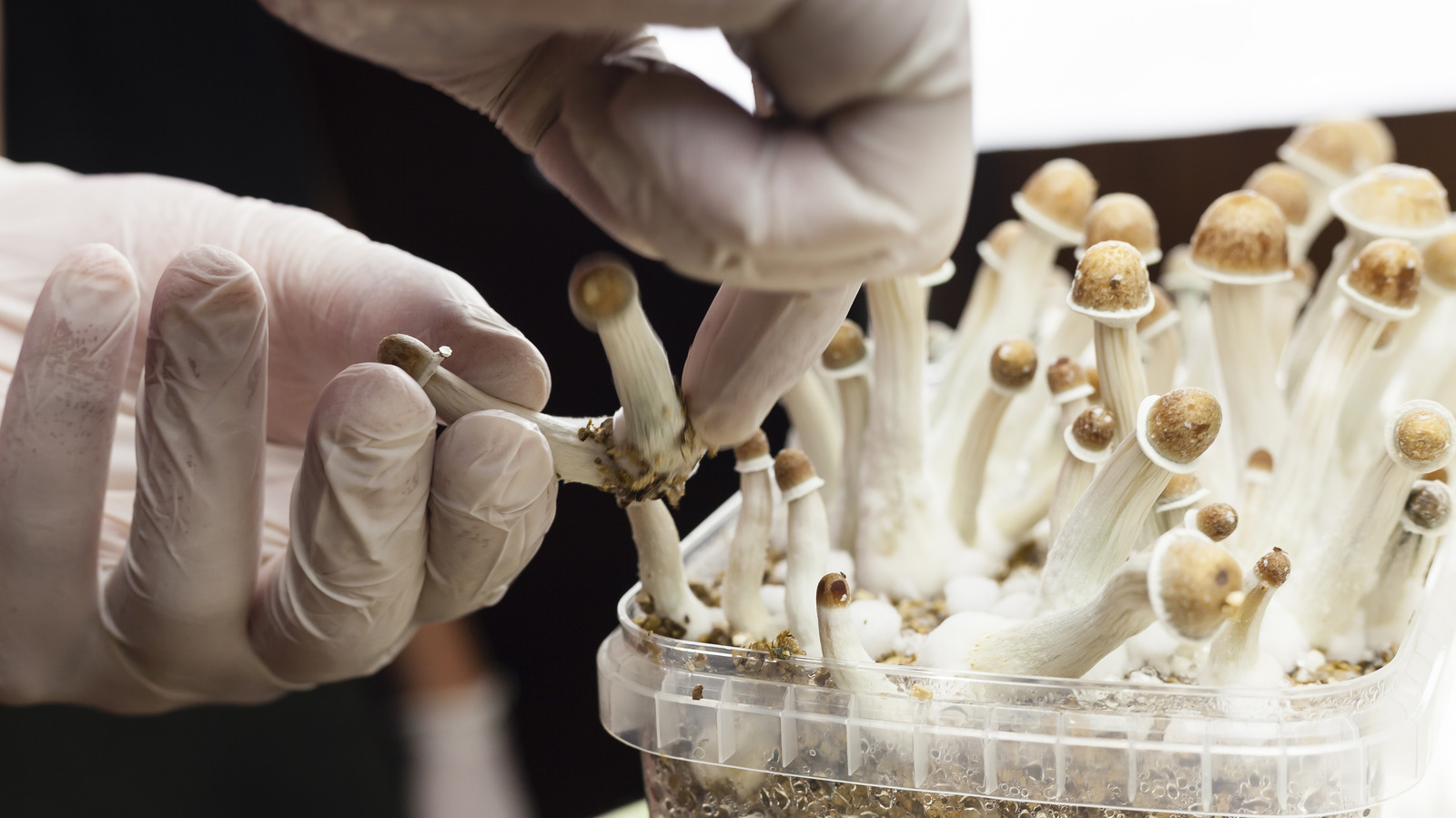[ad_1]

In the U.S., the legislative landscape surrounding psilocybin mushrooms is evolving, reflecting changing attitudes toward psychedelic substances. This shift is exemplified by a patchwork of state legislative reforms that aim to make psychedelic drugs more accessible to Americans, as stated by a review published in JAMA Psychiatry. For instance, Denver, Colorado, took the lead in May 2019 by becoming the first city to decriminalize psilocybin. Subsequently, in late 2020, Oregon marked a historic milestone as the first state to both decriminalize and legalize psilocybin for therapeutic use.
Per World Population Review, psilocybin is categorized as a Schedule I drug, characterized by high potential for misuse and no recognized medical use. However, researchers in 2018 proposed reclassifying magic mushrooms as a Schedule IV drug for medical use, suggesting their potential in treating depression, anxiety, and substance use disorders. This means that the legislative momentum for psychedelics overlaps with a surge in scientific and business interests in psychedelics, highlighting the ongoing transformation of attitudes toward psychedelic substances in the U.S. Nevertheless, the future trajectory of psychedelics in the U.S. still hinges on several factors, including ongoing clinical trials’ outcomes and FDA decisions, the potential reclassification of psychedelics by the DEA, and continued state-level legislative reform, which is very similar to the trajectory of cannabis legalization.
Besides the actions taken in Oregon and Colorado, states like Connecticut, Maryland, Texas, and Utah are still working on getting medical research approval, while the District of Columbia, Massachusetts, Michigan, and Washington have decriminalized their use in select municipalities. Lastly, laws regarding psilocybin mushrooms are still ongoing legal considerations and potential changes in Georgia, Illinois, Kansas, New York, Pennsylvania, Virginia, and West Virginia, while the remaining states still consider them illegal.
[ad_2]
Source link





